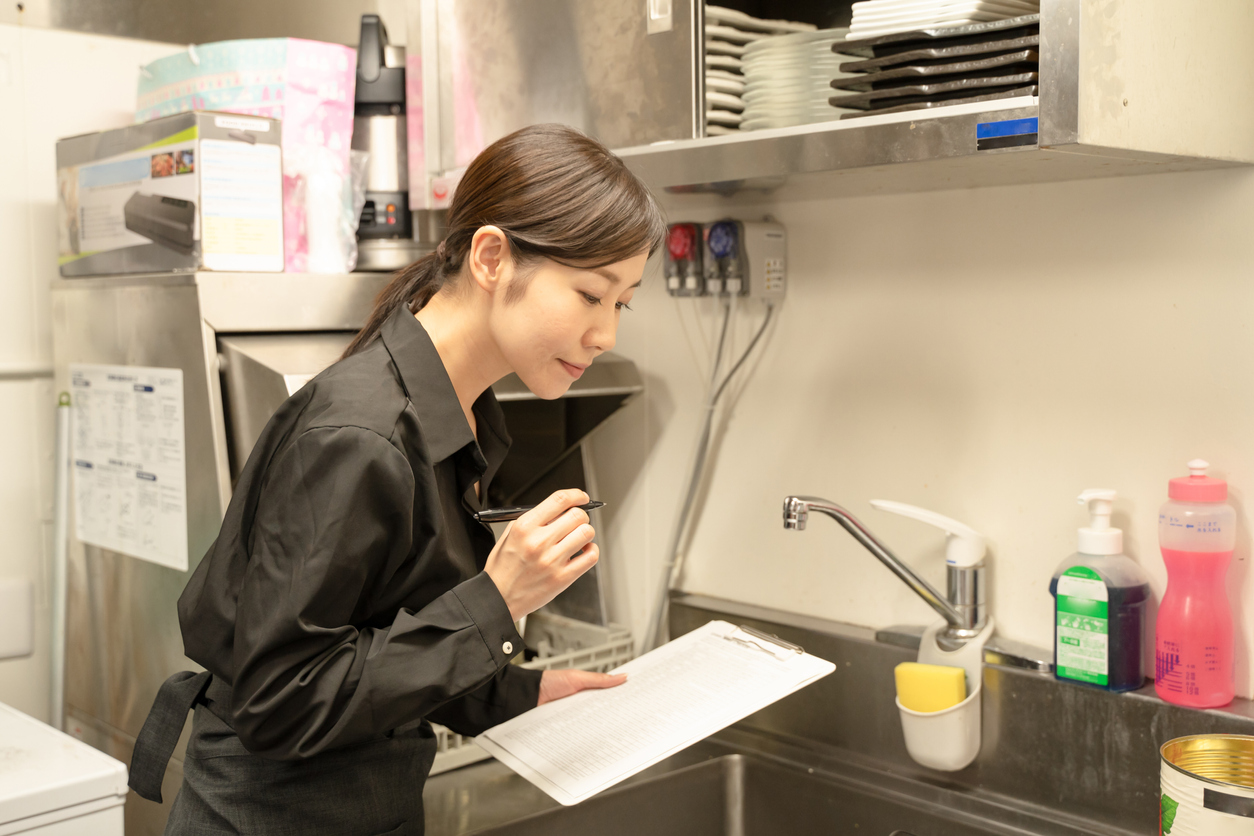Multiple Central Florida Restaurants Face Closure due to Health Violations

The recent closure of seven Central Florida restaurants serves as a stark reminder of the importance of maintaining health and safety standards in the food industry. These closures, enforced by the Florida Department of Business and Professional Regulation, were a direct result of violations discovered during routine inspections, highlighting the potential risks to public health and the need for strict adherence to regulations.
Orange County was particularly affected, with multiple establishments facing closure. La Castanuela Tapas & Canas, located at 4098 S. Orange Ave. in Orlando, was shut down on May 9 due to five violations, including an expired license and evidence of roach activity. The restaurant acted swiftly to address the issues and resumed operations later that day, meeting inspection standards and emphasizing the importance of up-to-date licenses and rigorous pest control measures.
Tacos Mi Casita – Vin 9852, situated at 701 W. Lancaster Road in Orlando, also faced closure on May 8. Inspectors discovered violations that included nonfood-grade bags in contact with food and evidence of roach activity. However, the food truck promptly rectified the concerns, ensuring compliance with health standards. This incident highlights the significance of maintaining rigorous hygiene practices and effective pest control measures to prevent contamination.
Saigon Noodle And Grill, located at 2405 E. Washington St. in Orlando, faced closure on May 10 due to a substantial number of violations, including rodent activity, improper food storage, and temperature control issues. Subsequent inspections on May 11 revealed further violations, necessitating a follow-up inspection to ensure compliance with safety protocols.
Similarly, Lechonera Orlando, situated at 9998 E. Colonial Dr. in Orlando, addressed violations related to live flying insects, an expired business license, and rodent activity. The restaurant promptly resolved these issues, meeting inspection standards during the subsequent visit. This underlines the importance of maintaining robust hygiene practices and conducting routine inspections to identify and rectify potential concerns promptly.
N Y Giant Pizza & Pasta Inc., located at 5643 E. Colonial Dr. in Orlando, faced closure on May 11 due to violations such as roach activity, live flying insects, and moldy food. Despite a second inspection on May 12 revealing additional violations, the restaurant remains closed until all necessary requirements are met. This situation emphasizes the criticality of consistent cleanliness and regular inspections to prevent pests and ensure food quality.
In Volusia County, Oudom Thai Restaurant, situated at 217-B N. Woodland Blvd. in DeLand, promptly addressed violations that included rodent activity, improper food temperatures, and employee hygiene concerns. The restaurant met inspection standards during a follow-up inspection on the same day, emphasizing the importance of proper food handling procedures and employee training.
Parched Oak, located at 145 N. Woodland Blvd. in DeLand, faced closure on May 8 due to violations including rodent activity, temperature abuse leading to a stop-sale on food items, and live flying insects. A second inspection on the same day identified additional violations, necessitating a time extension for rectification of a high-priority violation related to live flying insects. The restaurant subsequently met inspection standards, highlighting the need for vigilant pest control practices and regular monitoring of food storage conditions.
The significant number of warnings and complaints in Orange County, as well as other Central Florida counties such as Volusia, Seminole, Lake, Brevard, and Osceola, should serve as a wake-up call to businesses. Promptly addressing concerns and ensuring compliance with health regulations are essential to prevent closures and protect public health.
These closures underscore the crucial role of health inspections in maintaining the safety and well-being of restaurant patrons. Restaurant owners and operators must continuously prioritize compliance with health regulations, uphold stringent hygiene practices, and promptly address any violations that arise. By doing so, they can create a safe and enjoyable dining experience for customers while mitigating potential risks.
The Florida Department of Business and Professional Regulation plays a pivotal role in conducting routine inspections to identify violations and enforce compliance with health regulations. These inspections are critical in safeguarding public health and ensuring that food establishments adhere to the necessary standards of cleanliness and safety.
Restaurant owners and operators should view these closures as an opportunity to reassess their practices and implement robust systems to prevent future violations. It is crucial to establish comprehensive protocols for food handling, storage, and sanitation, as well as regular employee training to maintain high standards of hygiene and compliance.
Furthermore, pest control measures should be given top priority to prevent infestations and ensure a pest-free environment. Regular inspections by professional exterminators can help identify and address any signs of pest activity promptly.
To minimize the risk of temperature abuse, food storage areas should be well-maintained, and proper monitoring systems should be in place. Regular checks of food temperatures and strict adherence to guidelines for storing perishable items can prevent bacterial growth and foodborne illnesses.
Employee training is another crucial aspect of maintaining a safe and sanitary environment. Staff members should be educated on proper food handling techniques, personal hygiene practices, and the importance of adhering to health regulations. Ongoing training programs can reinforce these practices and keep employees up to date with the latest industry standards.
It is also essential for restaurant owners to foster a culture of accountability and regular self-audits. Conducting internal inspections and implementing quality control measures can help identify any potential violations or areas for improvement before official inspections occur.
By embracing a proactive approach and ensuring consistent compliance with health regulations, restaurants can protect their customers’ well-being and maintain a positive reputation. Word-of-mouth travels quickly, and a commitment to safety and hygiene will help attract and retain customers in the long run.
